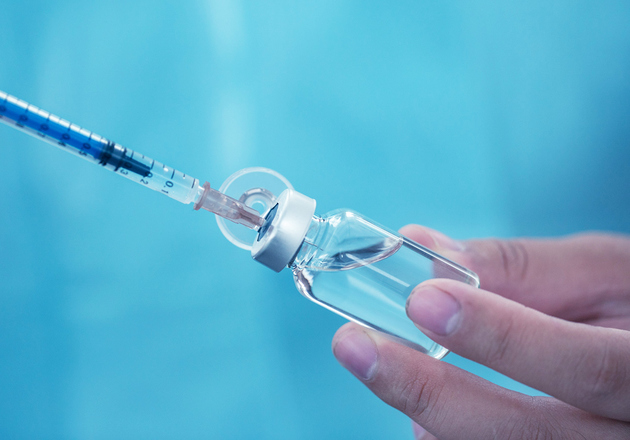
Photo/Shetuwang
May 7 (NBD) -- Chinese pharmaceutical company Hengrui Medicine (600276, SH) is reported to have obtained regulatory approval for its anti-PD-1 monoclonal antibodies.
When contacted by National Business Daily (NBD), sources with Hengrui Medicine said that they hadn't received the approval documents and will make a statement upon the receipt.
PD-1, a checkpoint protein on immune cells, when binds to PD-L1, will help cancer cells evade immune attack. Monoclonal antibodies that target either PD-1 or PD-L1 can block this binding and boost the immune response against cancer cells.
Before, 4 other PD-1 inhibitors, produced by the U.S. multinational pharmaceutical firms Merck and Bristol-Myers Squibb as well as China's Junshi Biosciences and Innovent, have been approved to hit the Chinese market.
How effective are the anti-PD-1 monoclonal antibodies?
Experts told NBD that the average response rate of PD-1 inhibitors stands at around 20 percent, adding that the response is durable and help extend patients' life. A response rate is the percentage of patients whose cancer shrinks or disappears after treatment.
The new immunotherapy, using PD-1 inhibitors, has less side effects compared with chemotherapy, said Wu Yilong, tenured director of Guangdong Provincial People's Hospital, in an interview with NBD.
But the anti-PD-1 monoclonal antibodies can function only if the immune cells inside a patient's body are still active, Wu added.
A more realistic question facing patients is whether they can afford the expensive drug.
According to Zhang Xiaoshi, chief expert with Sun Yat-Sen University Cancer Center, a patient weighing above 50kg each year would spend 600,000 yuan (88,739 U.S. dollars) on Merck's Keytruda at original prices, and it would take a patient with a weight under 50kg half of the expenses. "In the future, the PD-1 inhibitors are much likely to be included into the health insurance systems."
Cancer is the second leading cause of death globally, and was responsible for an estimated 9.6 million deaths in 2018, showed a report by the World Health Organization. Against the backdrop, development of cancer immunotherapy drugs is promising.
Globally, Bristol-Myers Squibb's Opdivo and Merck's Keytruda last year respectively generated sales of more than 7 billion U.S. dollars. Domestically, Junshi Biosciences grossed nearly 79.1 million yuan in revenue for the first quarter of 2019, up 5299.27 percent year over year, with its anti-PD-1 monoclonal antibodies Toripalimab as the major contributor.
Email: gaohan@nbd.com.cn


 川公网安备 51019002001991号
川公网安备 51019002001991号





